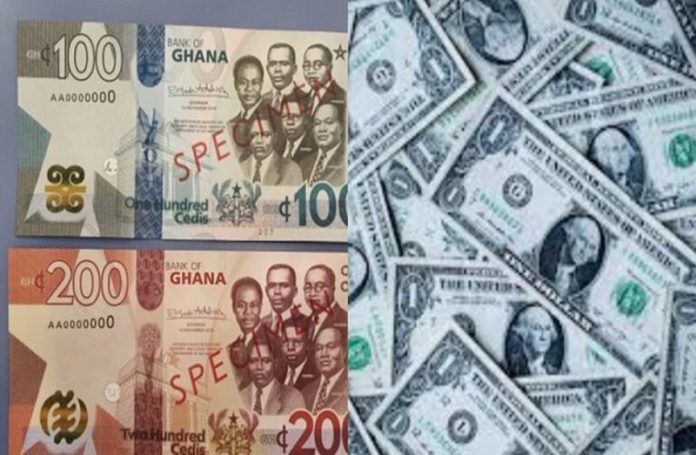After a stable performance the previous week, the Ghanaian cedi faced losses last week due to renewed corporate demand pressures.
The local currency declined by 1.48% week-on-week against the US dollar, closing at a bid to offer rate of GH¢15.75/16.00 on the retail market.
The cedi also depreciated by 2.80% and 2.18% against the British pound and the euro, respectively.
The increased demand from oil importers contributed to a rise in refined oil imports, which reached US$428.3 million in June 2024, up from US$422.6 million in May 2024.
The Bank of Ghana sold US$40 million to oil importers through the Bulk Oil Distributors Foreign Exchange (FX) auction to manage this demand. However, the continued demand from oil importers led to a 4.46% month-on-month depreciation of the cedi against the US dollar in June 2024.
Analysts view the higher oil import bill and increased FX demand as risks to the net foreign reserves, with short-term pressure likely on the cedi.
They expect the currency to continue weakening this week due to rising corporate demand pressures. Currently, the cedi is trading at GH¢15.88 to the US dollar on the retail market.
The Bank of Ghana reports that the cedi has depreciated by approximately 19.6% against the US dollar on the interbank forex market as of July 2024, compared to about a 21% decline on the retail market.
The Central Bank’s July 2024 Summary of Financial and Economic Data reveals that the cedi lost 7.7% of its value against the dollar in March 2024, 10.5% in April 2024, 15.9% in June 2024, and 18.6% in July 2024.

